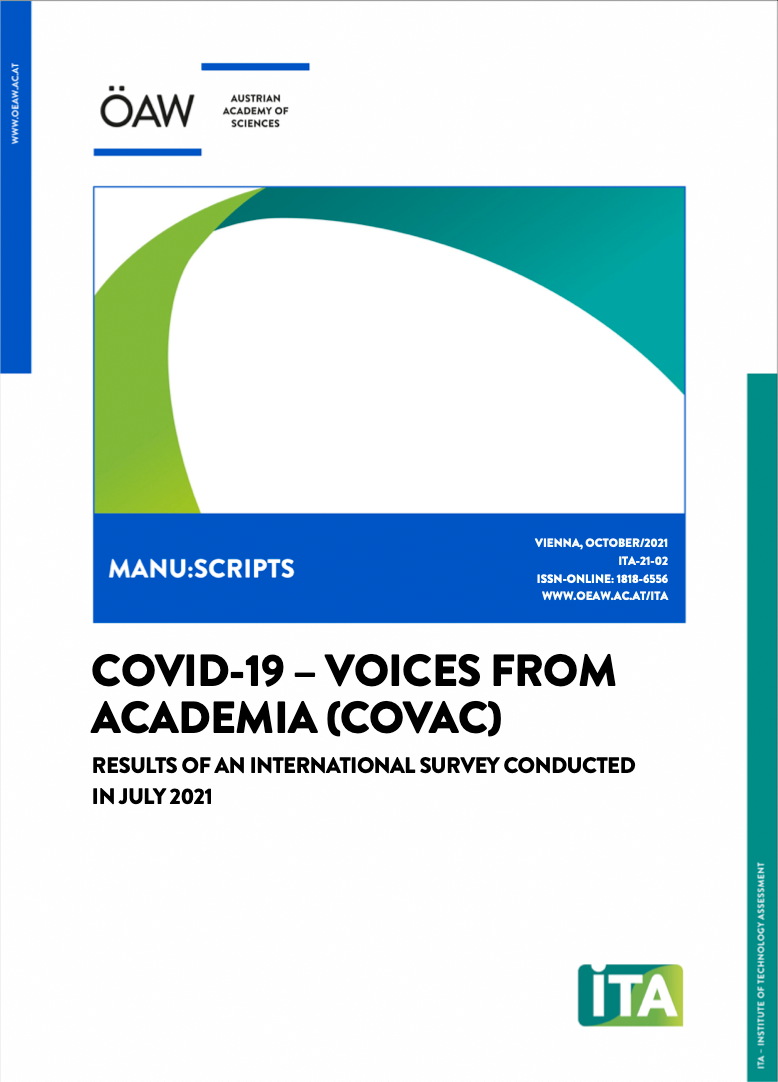
ITA manu:scripts, pp. , 2002/01/31

It is widely believed that the Information Society and its economic counterpart, the New Economy, require more flexibility especially in the labour market (i.e. less long term contracts) to allow faster reactions to the increased speed of change. The paper argues that increased complexity rather than faster change is the real problem. Dealing with complexity requires adaptability and organisational learning. Short term flexi-bility, however, is detrimental to adaptability and learning as it hinders the accumulation of firm-specific capabilities - and country-specific ones on the macro level. The ability of the firm to absorb and act upon knowledge depends to a large extent on staff continuity.